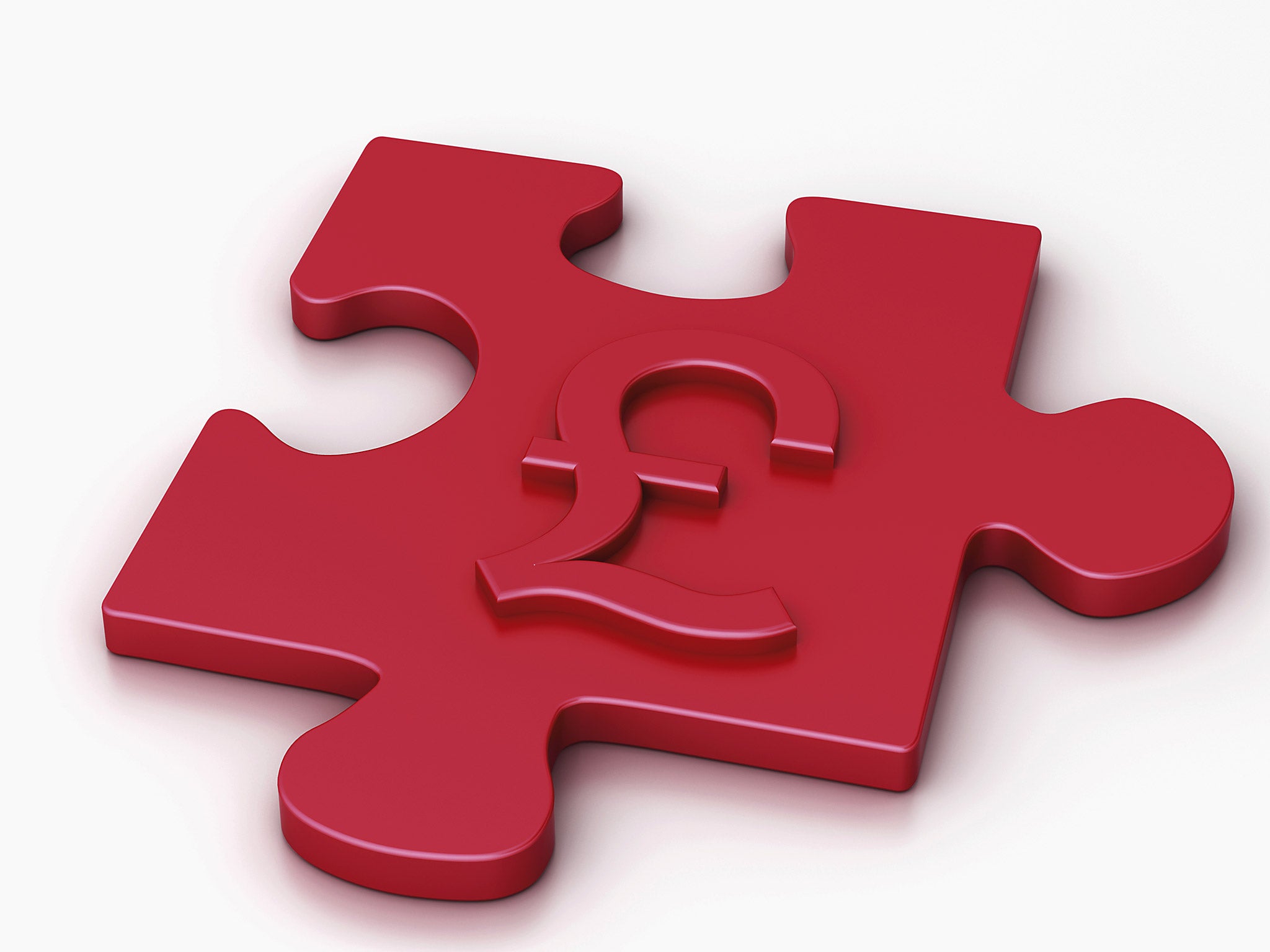How could the financial experts have got it so wrong on the economy yet again?
All of the forecasters overestimated the impact the Brexit vote would have on personal consumption. They thought people might hold off on major purchases as a result of the shock


When you get something wrong you have to figure out why you managed to do so. The economic establishment got the economy’s reaction to the Brexit vote utterly wrong – so wrong that the pre-Brexit predictions now look laughable.
Last week we got the first cut of the GDP numbers for the third quarter. They showed growth at 0.5 per cent, or 2 per cent annual rate. Before the vote the Treasury’s prediction for the third quarter was a fall of between 0.1 per cent and 1 per cent. Now that, you might say, was propaganda designed to persuade people to vote to remain. But even after the vote there was similar official gloom. We don’t have an Office for Budget Responsibility forecast until next month, but the Bank of England in August thought the rest of this year would be flat. In its August Inflation Report, it said:
“Overall, the available evidence suggests little growth in GDP in the second half of the year, and growth is projected to slow to 0.1 per cent in 2016 Q3.”
We will get an update of the Bank forecast this coming week in the November report, and that will give the first sight of the new official outlook for next year. The Bank and the Treasury (and the OBR) often disagree, as they should, but I think of this occasion there will be much of a common line.
But why were they so wrong? I think there are three broad explanations and the truth will be some mixture of all three.
First, all the forecasters overestimated the impact the vote would have on personal consumption. They thought people might hold off on major purchases as a result of the shock. Since consumption is nearly 70 per cent of GDP, that would hammer growth. Well, ordinary people don’t seem to care much about politics when they make their spending decisions. Consumer confidence is down a little (there were figures out on Friday) but is still well above its long-term average. Retail sales are growing this month at the fastest rate for a year. Employment seems solid too, pushing up to new peaks.
Second, a service-driven economy is inherently more resilient than a manufacturing or construction-driven one. Construction is particularly volatile, creating great booms in Ireland and Spain, which then were transformed into horrible busts. Manufacturing is quite volatile too. That 0.5 per cent growth in the third quarter was the result of 0.8 per cent growth in service output (and services are 79 per cent of the economy), which more than offset declines of 0.4 per cent in industrial output, and 1.4 per cent in construction.
I always find it odd that so much attention should be paid to the latter two sectors and so little to the giant hulk of services.
Third, the cut in interest rates and particularly the fall in sterling have offset much of the weakness that might have happened. Pre-Brexit forecasts did not take into account the policy changes that would result, and certainly not the collapse of the pound. The effect of this is similar to a further easing of monetary policy. There is a direct boost to exporting industries, including service industries such as tourism, and the rising price of imports will, to some extent, encourage domestic suppliers to pick up slack.

Still, making all the allowances one can, I don’t think we can get away from the fact that the forecasters were badly wrong. I shall look forward next week to some explanation from the Bank of England as to why, but meanwhile we need to ask a further question: is it possible that the impact next year won’t be as bad as predicted either?
That is the huge unknown. Just about everyone expects some sort of slowdown and the more pessimistic think there will be a recession, defined as two successive quarters of negative growth. The average prediction for GDP growth in 2017 from the forecasters monitored by Consensus Forecasts is 0.9 per cent, a sharp fall from this year’s 1.9 per cent. But the range is huge. At the top end come Beacon Economic Forecasting at 2.6 per cent and Liverpool Macro Research at 2.5 per cent. At the bottom are Nomura at minus 0.8 per cent and the Economist Intelligence Unit at minus 0.5 per cent.
Most of the people whose judgement I would tend to trust come in a bit above the average: for example Capital Economics expects 1.5 per cent and Lombard Street Research at 1.1 per cent. But the big point is surely this: until the forecasters have worked out why they were so wrong, they can hardly expect people to have much faith in their predictions now.
Join our commenting forum
Join thought-provoking conversations, follow other Independent readers and see their replies
Comments
Bookmark popover
Removed from bookmarks